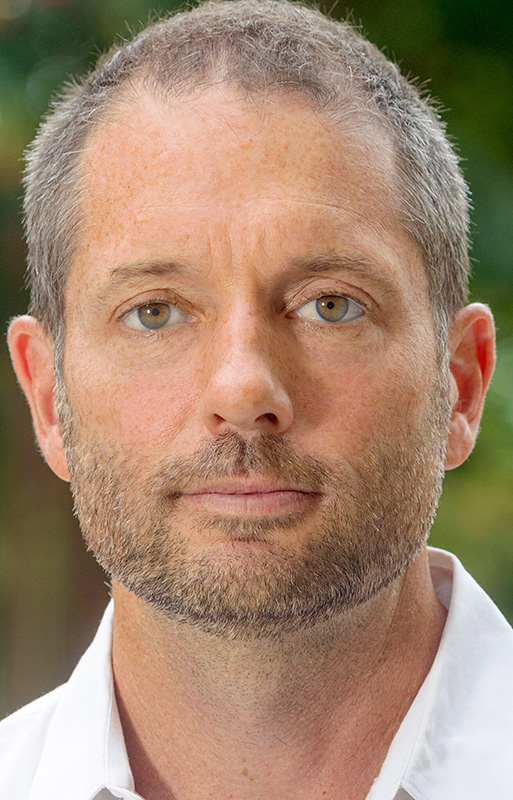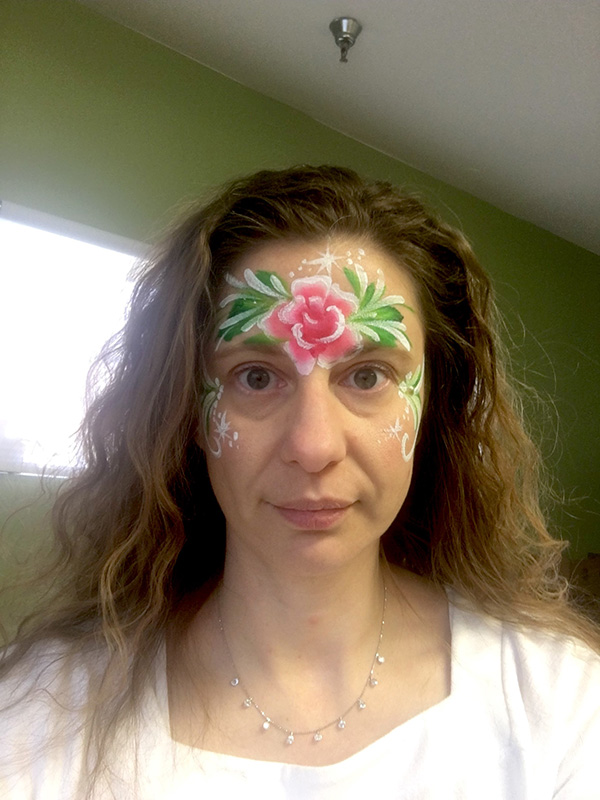Early in the pandemic, Dr. Alicia Lieberman, director of the Child Trauma Research Program at the University of California, San Francisco, told me, “The first five years [of life] are the most dangerous, epidemiologically speaking.”
Covid exploited this vulnerability with devastating precision. In addition to its well-known health consequences, it set off a mental health crisis, especially in communities with constricted access to professional help. For many Black families, the pandemic piled on top of years and generations of trauma.
Dr. Lieberman also stressed, however, that the early years present the greatest opportunities to promote the strengths of children and families, and that’s why an innovative partnership between House of Ruth and MedStar Georgetown University Hospital matters.
In Washington, D.C., as with most of the country, stark differences exist in the Covid mortality rates between races. Many Black children lost parents and other caregivers. The pandemic made life even harder for the clientele of House of Ruth, which was founded in 1976 as D.C.’s only shelter for homeless women. In 1990, the House of Ruth opened a child care center called Kidspace as a safe and secure place for children to come while their mothers recover from trauma, go to school and work. A new and expanded Kidspace opened last year that is capable of serving 84 children in 10 classrooms. “We realized that if we help women, children often come with them,” says Kidspace Director Tara Villanueva, who started as a volunteer there in 1994.
👉 Learn more about House of Ruth

The partnership enables interventions that address and support parent mental health, early childhood mental health and the relationship between the parent and child. “Stimulating and supporting healthy brain development for young kids is critical for their long-term success at school, success in the community, and health and well-being,” says Dr. Matthew Biel, MD, professor and vice chair and chief of Child and Adolescent Psychiatry at MedStar Georgetown University Hospital and Georgetown University School of Medicine. (Biel also cofounded the Early Childhood Innovation Network.)
“Mental health conditions are biological and can profoundly impact development if they are not addressed,” Dr. Biel continues. “Mental health also depends significantly upon social context. If you want to boil early childhood mental health down to one most vital factor, it’s the relationship between the child and their primary caregivers. A child who has a close, consistent, safe, warm and responsive relationship with their caregivers is much more likely to grow up healthy.”
Although Biel focused on clinical care for adolescents early in his career, emerging findings from developmental neuroscience, including the landmark National Academies study From Neurons to Neighborhoods (2000), confirmed for him that brain-based social skills of self-regulation, forming relationships, paying attention and controlling impulses all develop in the first months and years of life. “If we help families to get this right early on, it sets children up for long-term success.”
Recognizing that all parents want their children to thrive, Dr. Biel contends, “Parents often don’t prioritize their own health and well-being. However, we know that if we address the mental health challenges parents are experiencing and help them feel well enough that they can engage in nurturing interactions with their children, then the children won’t just benefit in the short term, but will benefit for the rest of their lives.”
Dr. Biel says, “We’re protecting and nurturing the mental health of children and their parents or caregivers—at the same time.”
Multigenerational therapy is now part of the healing process. Clinician-led groups for families use the Circle of Security intervention program as well as mindfulness and healing circles. A child and family psychiatrist from MedStar Georgetown provides clinical care; a child and family psychologist provides clinical care and consultation to teachers in their classrooms; and a therapist and mindfulness instructor provides mindfulness classes, healing circles and therapy for parents.

Therapy has not been a hard sell for House of Ruth families. Villanueva says they have been more receptive to participating than the organization anticipated. “Parents have issues that they want to focus on and deal with before even thinking about bringing their children into the therapy sessions,” she notes.
Because many Black families want to see a Black therapist, House of Ruth makes culturally responsive therapy a priority, and is making progress despite a shortage of Black therapists. Dr. Biel says Medstar Georgetown has made an effort to recruit and retain therapists of color. “Our therapists are often highly motivated to work in communities in D.C. and to draw upon personal lived experiences,” says Biel. Having relevant personal experiences can be valuable in connecting with patients, he says, but most important is for clinicians to have a “stance of humility” regardless of the therapist’s race and background.
Given the population they serve, Kidspace staff encounter more than the usual amount of job stress. The organization provides extensive training on trauma-informed practices. Kidspace teaching staff members meet regularly with a clinician to assess and improve their own wellness. Staff also have access to an online wellness portal created specifically for teachers, among other supports.
“There’s a movement throughout health care today,” Dr. Biel says, “to design and implement interventions that work well in communities that have been consistently underserved by health care systems and other social systems. That is an important trend we are beginning to see in clinical training.”
Villanueva is grateful that funders believed in the work of Dr. Biel, the team at Georgetown and House of Ruth. “We take special measures,” she says, “to ensure that parents and caregivers are nurtured and supported in the same ways that we nurture and support the children.”

Mark Swartz
Mark Swartz writes about efforts to improve early care and education as well as developments in the U.S. care economy. He lives in Maryland.



